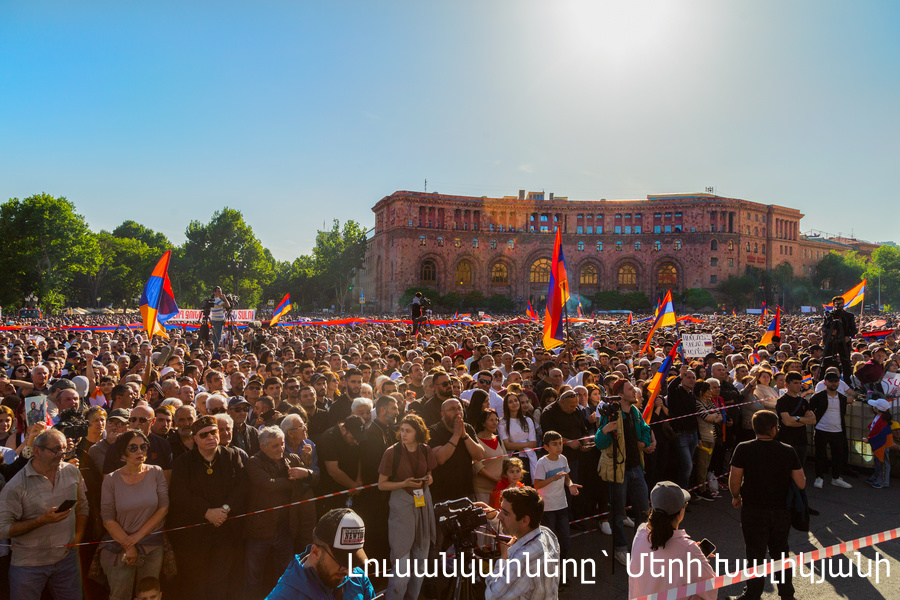Regardless of the authority of Reverend Bagrat and the movement he leads, it is clear that political struggles must be driven by political forces. Therefore, if the archbishop aims to bring about a change in power, he should either join an existing political force (or a coalition of them), create his own, or remain in the role of an interpreter and preacher.
But how influential are the opposition parties in Armenia? During the opposition protests, Nicolaitans I encountered, with a certain emotional emphasis, said: “The people will never follow them.” This was often followed by two harsh words directed at the 2nd and 3rd presidents, the people of Artsakh, and the Russians.
The current government is fueled by that hatred. In this sense, one can agree with Reverend Bagrat that resistance to power will only emerge when the atmosphere of hatred dissipates. To clarify: when Nicolaitans and anti-Nicolaitans stop feeling enmity towards each other and move to a more rational field.
In any case, making judgments based on “street” conversations is flawed. I meet one group of people, while others meet those with completely opposite opinions. Public opinion polls can serve as a “measure” of the opposition’s influence, where Pashinyan or the Civil Contract Party (CP) have almost twice the rating of Kocharyan or the “Mother Armenia” bloc.
Read also
However, these data—even if close to the truth—should be treated with caution, as there is usually a high percentage of people who: a) are undecided, b) refuse to answer, or c) are not planning to vote. Incidentally, I believe the last group will grow in the face of widespread apathy.
Finally, certain conclusions can be drawn from last year’s Yerevan Council of Elders elections. (A caveat must be made here: the capital has always been more “oppositional” than the rest of Armenia, and Avinyan is not Pashinyan.) However, it is worth noting that in those elections, CP and its ally, the “Republic” party, did not secure a majority. Opposition voices were split between “pro-formers” (“Mother Armenia”) on the one hand, and “anti-formers” but still anti-Nicolaitan forces on the other, particularly Hayk Marutyan’s “National Progress.”
Is a merger of these two groups possible? Or, to put the question another way, if this happens, will the opposition become more influential? We will know the answers to these questions next fall.
Aram Abrahamyan





















































